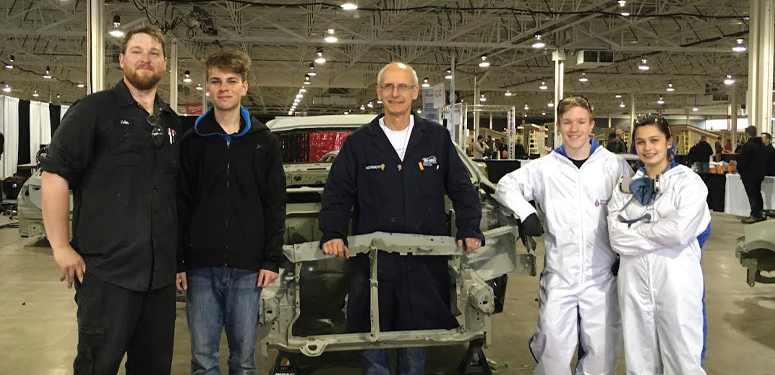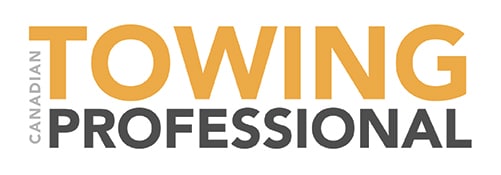AFTER NEARLY 30 YEARS IN TEACHING, I’VE NEVER SEEN THE SITUATION MORE DIRE
BY BILL SPEED
As a retired high school autobody teacher, I spent my entire career trying to promote the automotive collision industry to my students by giving them real life experiences. These experiences varied from real world projects on live vehicles, field trips, co-op opportunities and competing in skills competitions at the local, provincial, and national levels. Of my students that were interested in a career in our industry, I guaranteed that I would do my very best to find a job for them. For those that did find roles, they are currently working in the industry and are doing quite well. To my knowledge at least, since many students don’t stay in touch. I have about a dozen former students working in the trade. I have a couple that did it for a few years and then transferred over to the construction industry. I retired in 2017, but I still have former students contacting me if they are looking to move or use me as a sounding board for their concerns.
In my 28-year teaching career, I can only recall one or two times where shops had called the school looking for young people to train as technicians. This is over and above those progressive shops that were involved in the co-op program.
During my time in the Toronto District School Board, I saw eight autobody programs shut down. As chair of the Skills Ontario Auto Body competition, I have seen many school boards stop competing in the autobody category because they no longer had a program running to support a competitor. The excuses I have heard for closing a program usually came down to how to deal with isocyanates in the paint products.
The federal and provincial governments have tried throwing money at the problem, but autobody repair is not one of the skilled trades that is getting any of this influx, from what I have heard. The Ontario Ministry of Education mandates one minimum credit in technological education as part of the total credits to graduate high school. On the surface this sounds great, but the barn door has been closed after the horse has left.
In the 90s, the provincial government introduced Broad Based Technology courses. It was basically a smattering of curriculum from the technological education umbrella. Transportation, construction, communications, services, etc. If you took transportation as a course, it was supposed to cover land, sea, air and space travel.
This, in my opinion, was the cause of many tech programs to be shuttered or gutted. If you can teach everything in one classroom, you don’t need all the specialty rooms and the specialty teachers to teach them. The big problem with this thinking is that, depending on the teacher’s background, they will teach to their specialty and not provide the students necessarily what they may want.
In my retirement job, I have had the opportunity to be in shops on a regular basis. Nowadays, shops are consistently asking if I know of any technicians looking for work or to move. This is not the question to be asking. The question to be asking is what I can do as a shop owner to recruit young people to my business. As mentioned previously, I only had a handful of shops reach out during my entire teaching career. When that did happen, I would ask if the shop knew of an autobody program in a high school in their area. Has the shop reached out to a local high school looking for a co-op student? Has the shop offered up an opportunity for local schools to come for a tour of their facility? Has the shop offered up a workplace opportunity for students to spend a day or two in the shop to see if this is the industry that the student may be interested in?
Sadly, I have more questions than answers, so I put a survey out to a number of my former students, former skills competitors and even a couple of shop managers/owners—I will conclude, for now, there.
























